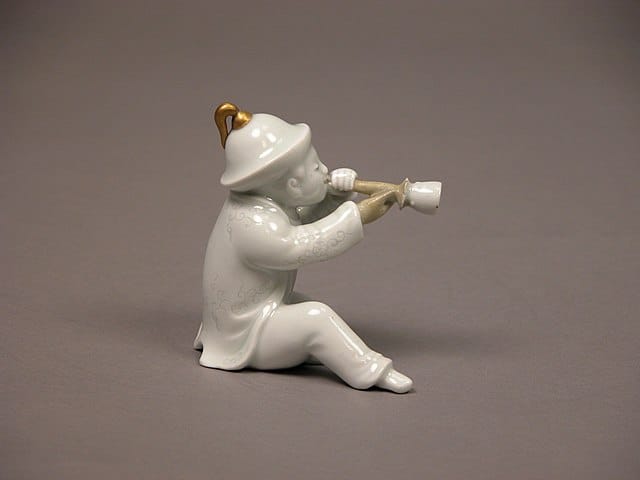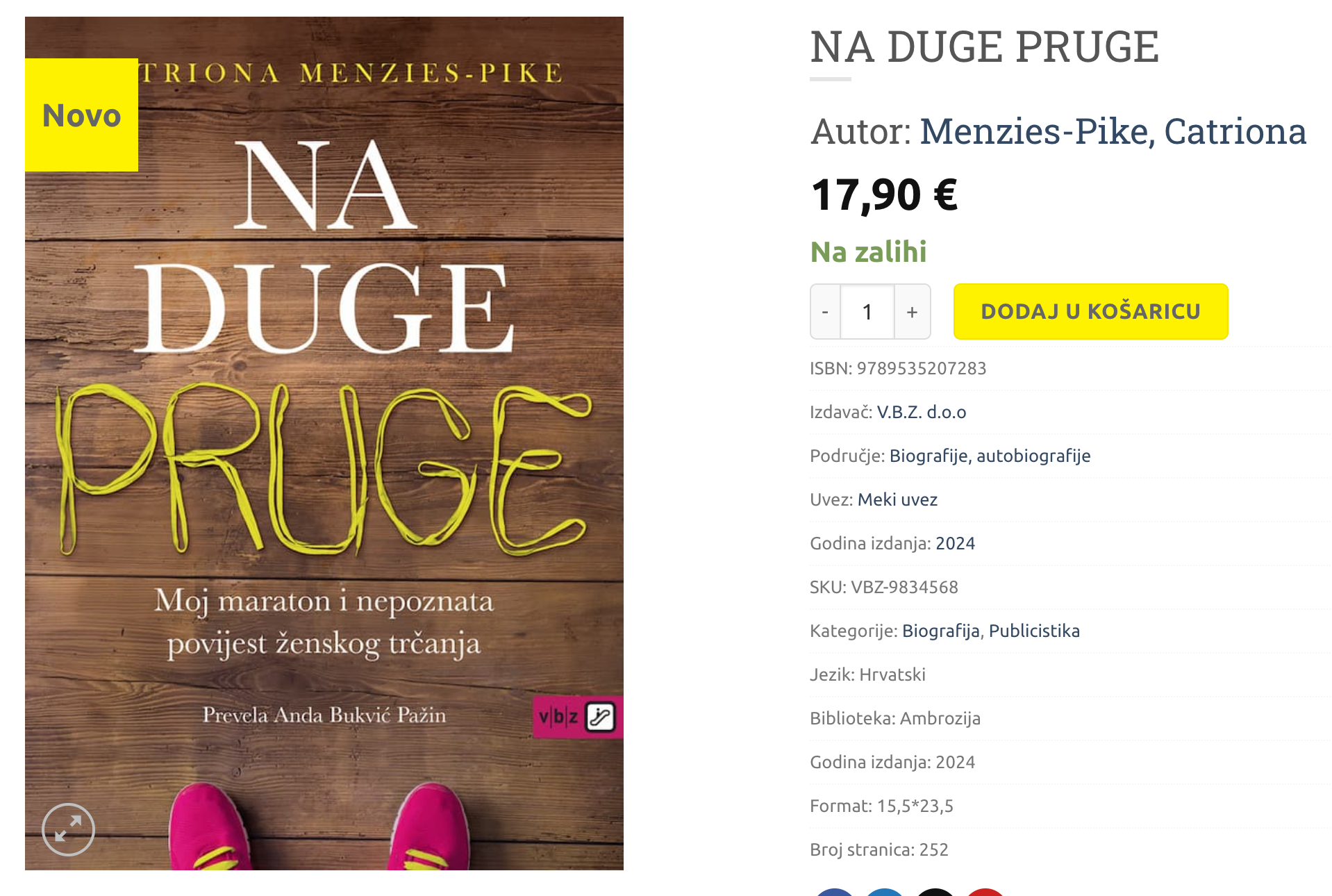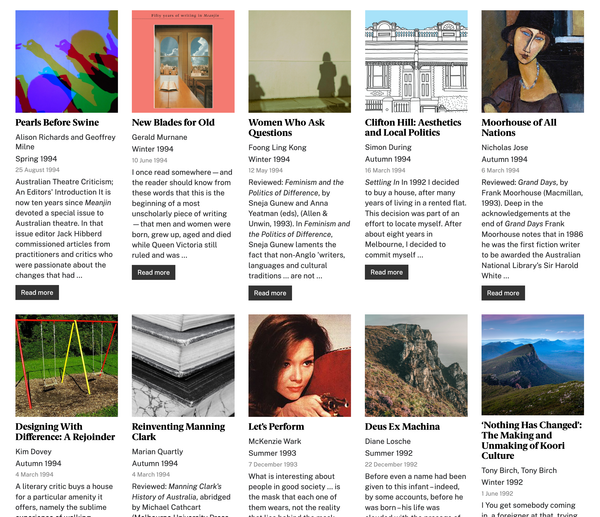Field notes: literary libertarians
Be careful out there.

I try to avoid spending a lot of time on Substack Notes but sometimes the lure of the scroll gets the better of me. The algorithm on this app is spring-loaded, highly reactive. If you hover in disgust over a post for longer than a millisecond, the algorithm registers you as a fan of this type of content. Click through to a newsletter out of perverse curiosity and you’re stuffed. My cumulative clicks and pauses have convinced Substack Notes that I am madly keen to plunge into libertarian commentary on culture, and particularly on literature, and so they keep dishing it up to me. And, fool that I am, I keep pausing and clicking, telling myself that I am reading a lot of garbage in order to know my enemy better. So much for the siloing effects of social media!
What follows are some rough notes on this discursive position, which in the absence of a catchy name, I am calling literary libertarianism. A lot of it is pretty familiar culture wars guff, part of a righteous and decades-long campaign against political correctness gone mad, etc etc – but my sense is that this approach to literature is currently thriving on Substack and in the wider culture, and has some distinctly contemporary contours which are (maybe) worth paying attention to. At the very least, it’s an online community that happily echoes right-wing talking points on cultural politics, on curricula, on public funding and governance of libraries and other cultural institutions, all the while insisting that it is apolitical, and just here for the betterment of literature and readers.
What do I mean by literary libertarians? Yes, I am thinking in the first of those readers and critics who prioritise or foreground the concept of individual freedom in their approach to literature, particularly freedom of speech and thought. This is a wide net to cast, and catches some not-necessarily obnoxious critics along with a bunch of absolute bozos. Some of these literary libertarians have quite a lot to do with the extremely loud freedom brigades led by Yascha Mounk and Bari Weiss, but not all of them do. The writers that keep appearing on my feed, beyond their shared lurve of freedom, are united more by what they loathe: censorship in all its forms, real, perceived and imagined; those they deem to be woke (of course); the internet; identity politics; DEI; YA fans; contemporary literature.
Obvious and fundamental to this group: keep politics out of art (sort of). According to these new literary libertarians, the great Awokening has so polluted the institutions of literature – universities, the media, the publishing industry, and of course, social media – that it has become impossible to talk about art, literature, history or philosophy without toeing certain ideological lines. Fear not, they are here to talk about art at great length, unshackled from dispiriting considerations of anything so gross as social or political or economic justice. They are bold! They are willing to Cross The Line – and they do, in their newsletters and in the comments (all the while asserting that their ability to speak is somehow restricted).
On cultural value, of course they believe that it is objective and eternal. They’re declinists, for sure (aren’t we all?), saddened by the dearth of great art (sorry, Great Art) being made in the present moment. The literary libertarians are scathing about most forms of contemporary cultural practice, which they tend to view as corrupted by, you guessed it, woke scolds. In one of many paradoxes, they are fixated on what they see as cultural decadence, fuelled, they insist, by an over-emphasis on justice and inclusion. They are also inclined to bemoan the corrupting influence of mass media, especially the internet. Mostly they are preoccupied with the novel, especially with a kind of middlebrow policing of the boundaries of literary fiction. They love to talk about canons and Great Books, especially if they happen to have read those books, and especially if those books can be wielded to serve parables about individual blossoming. They are not always wrong, they are not always dull, but often they are both.
Are they libertarians or are they reactionaries? Hard to say. Some of this group would be quite comfortable with the designation libertarian, others might call themselves conservative without flinching (imagine), and not a few would insist that they are actually liberals. Surprisingly few, alas, appear to be libertines. A fair whack would, on my estimation, consider themselves to be apolitical, or at least, for their writing on literature and art to stand apart from politics. The new literary libertarians generally refuse to entertain the notion that their refusal of politics, which they frame as an objection to the inhibition of individual will by the collective, might itself be an ideological position. Instead of thinking of themselves as being ideological, my impression is that they think of themselves as being correct. If it’s paradoxical to imagine libertarians and conservatives sharing an umbrella, think of them as united in yearning for the good old days when you could say what you want and get a bit of respect for it. They’re more likely to get worked up about the quote unquote cancellation of an author than they are about the tide of book-bans in the US or the precarious lives most authors live.
This new writing thrives in the cultural space opened up by Trumpism and MAGA, and is able to understand itself as either centrist or apolitical because it’s to the left of Trump, or less extreme. What it seems to me is new about this kind of commentary is the shelter provided by Trumpism. It’s hard not to feel that you’re moderate, and even reasonable, by comparison to Trump. And yet the literary libertarians, backward looking as so many of them are, often appear to be singing from the same songsheets as the MAGA crowd, whether it’s their potshots about the elites controlling the media, universities and publishing, their western culture schtick, or their dogwhistling about DEI. They’re not Trumpists, of course, they’ve just got something to say.
I think I will write a longer piece on all this, and especially on the Trump effect on cultural commentary, down the track, and if/when I do, I will get on with naming some names. I won’t now because I’m still sorting out my ideas and wishing to minimise pain for myself and others. And I have more reading to do. RIP my Substack algorithm, I guess. For now, though, a non-exhaustive list (a list!) of some further common features that I have observed on the steppes:
- Extreme self-regard vis à vis intellectual iconoclasm and courage. So brave!
- Paranoia about the w0ke c0nspir4cy. The new literary libertarians often complain that their work is under-rated or ignored by editors and agents. Their emails are unanswered and their reviews and essays, which meet their own objective and eternal standards for literary merit, do not get published. They are convinced that their exclusion from the literary mainstream (where is this place?) is a result of their intellectual iconoclasm and courage.
- Related: grievance. Lots of content about being exiled from: grad school, book deals, prizes, literary journals, the publishing industry. They seem at once to be at contemptuous of those people they perceive to hold cultural authority, and absolutely desperate to establish and then to flaunt their own.
- Safe spaces for men. The authorship and the comment zones of literary libertarian newsletters are dominated by domineering men (unlike most other public literary spaces). A lot of these newsletters don’t seem like safe spaces for trans folks.
- Earnest. Sorry, but it’s true. Earnest and so, so boring. Imagine someone taking a few pages to explain why a racist joke is actually extremely funny and very important.
- Logorrheic. The new literary libertarians exult in their freedom to write ten-thousand-word screeds about the shortcomings of the contemporary novel – and to complain about the editors who refuse to publish their great works. The excess word-counts of the new literary libertarians is a function of entitlement to public space, one that is, I think, particularly compatible with self-publication on newsletter platforms.
This group of writers is much more visible to me on Substack than on the other platforms I have in the past frequented. Am I the only one? I am pretty sure I am not hallucinating their presence. It may be that my forays into the literary blogosphere way back when lacked intrepidity – but I don’t recall encountering such a large and confident network of libertarian thinkers then. The renaissance vibes are in part the work of the algorithm. Also, though, the broader anti-woke backlash has licensed and emboldened this approach to cultural commentary. Some of these tendencies were emerging when I left Twitter and I can imagine they have been amplified in the days of Elon – those accounts seeking to educate the proles and heathens about great books and great moments in Western culture have a lot in common with these libertarian Substackers. I was around for long enough to witness the vogue for putting pictures of a Frank Gehry building next to a picture of a Venetian palazzo, and adding a caption to the effect of, ‘someone remind me why we’re living in a great age for architecture?’, or some shit. The newsletter form itself, finally, is ideally suited to this kind of commentary, as it allows windbags to go on and on and on – and apparently to build networks and earn a living as they do so. I am very curious about other people’s experiences of this phenomenon and welcome further observations from the field!
A book that I wrote about marathons almost ten years ago, The Long Run, is still shuffling along. The Croatian translation, Na Duge Pruge, was published last month and launch events associated with the Zagreb Marathon will take place this weekend (without me).

I wrote about Australian publishing for Crikey last month. Read the piece here, and bring on the launch of Writing Australia in 2025.
And finally, the good folks at Guardian Australia asked me to review Kylie Mirmohamadi’s debut novel Diving, Falling, and I did.
Thanks for reading Infra Dig! Subscribe for free to receive new posts and support my work.


